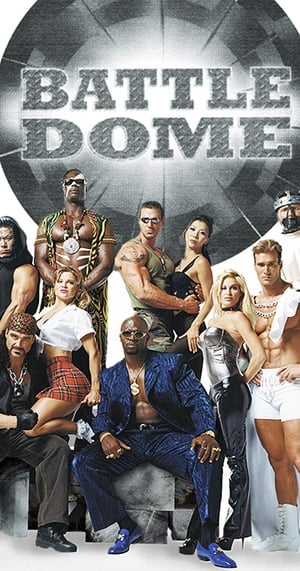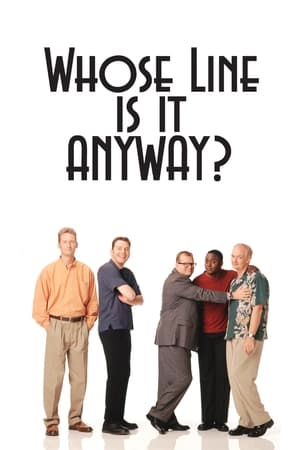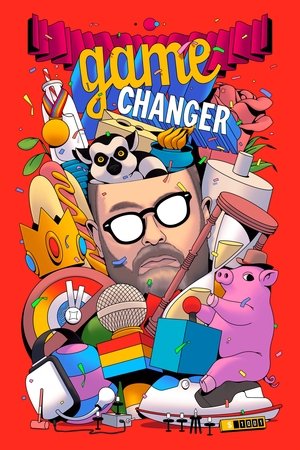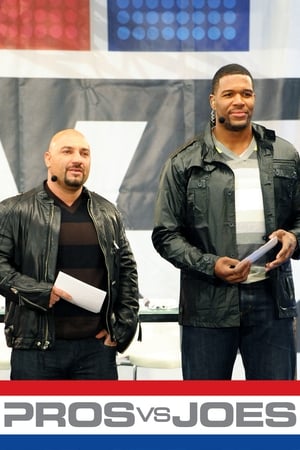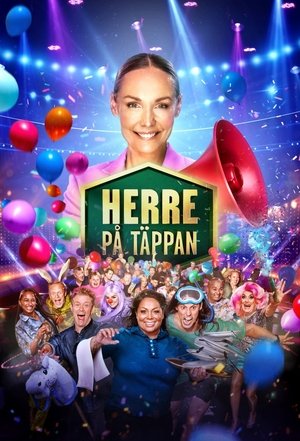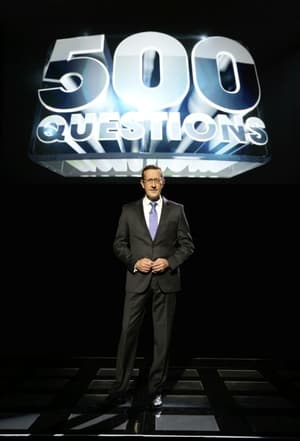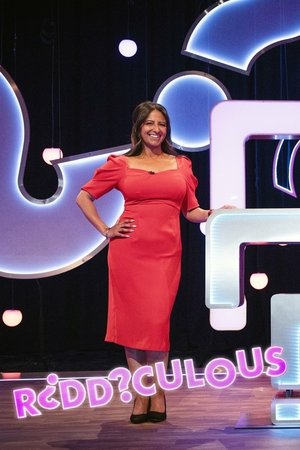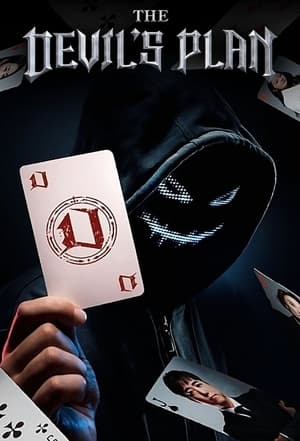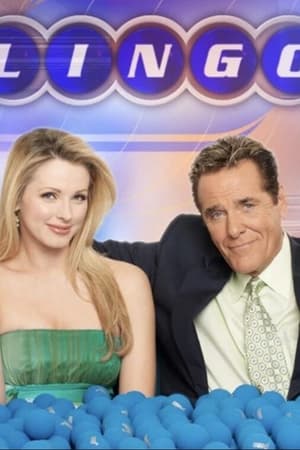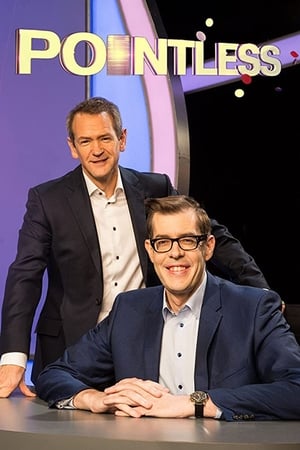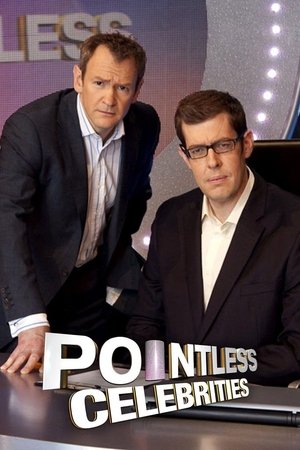Overview
Jailbreak was a reality television game show. It was hosted by Craig Charles, and co-presented by Charlie Stayt and Ruth England. It was shown in 2000 by Five in the United Kingdom. Original host Ulrika Jonsson had to pull out of the project due to health concerns over her newborn child.
Contestants in Jailbreak had to escape from a mock prison in order to win a cash prize of £100,000. The "prison", at a secret location near Potters Bar, Hertfordshire, was fitted with hi-tech security systems. "Inmates" faced a three-week authentic prison regime, complete with 35 prison guards and a 18-foot high fence topped with razor wire. A number of chinks in the security system were deliberately placed by the production team. Escapes were aided by a series of clues, and by texts from the viewing public with suggestions on escape routes.
The show was won by three female contestants Roberta Woodhouse, 29, Hannah Davies, 24, and Laura Hawkins, 22. They broke out of the prison in the early hours of a Saturday morning - 14 days into the show.
It has not been commissioned for a further series.

 English
English
 0
0
 2000
2000
 GB
GB
